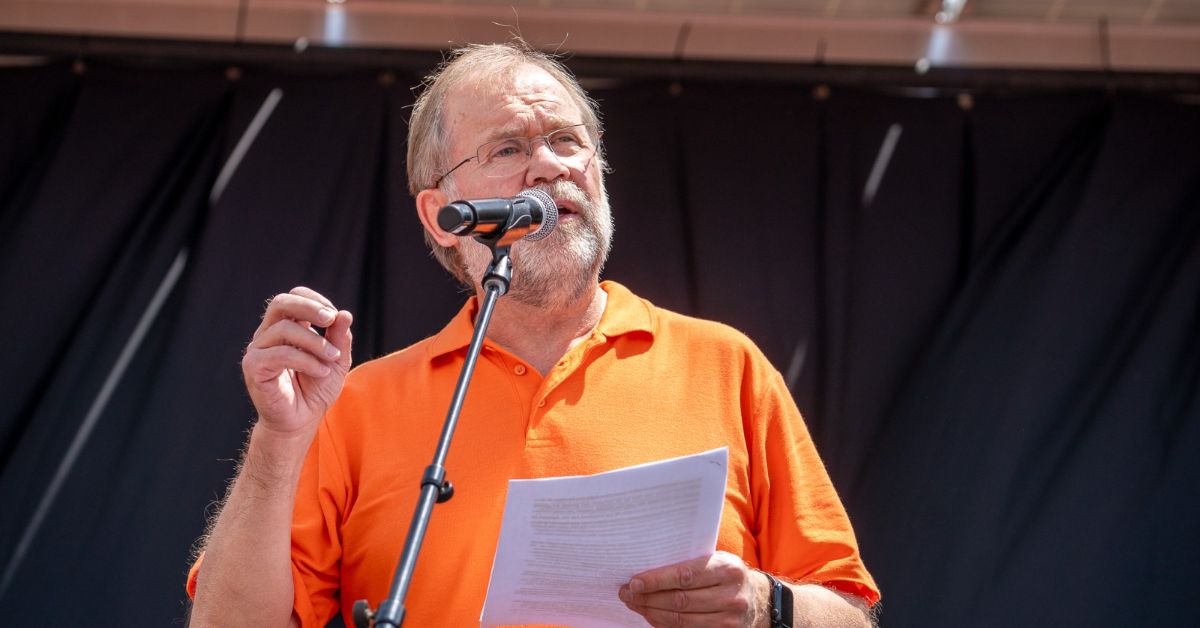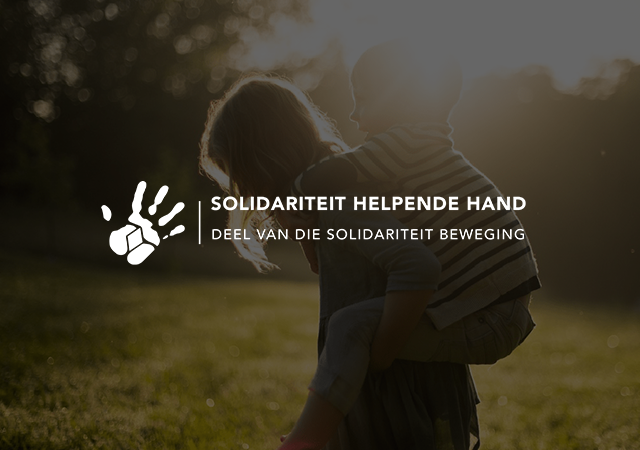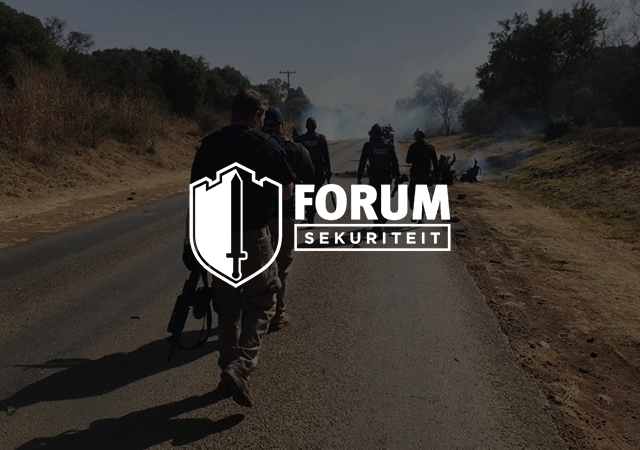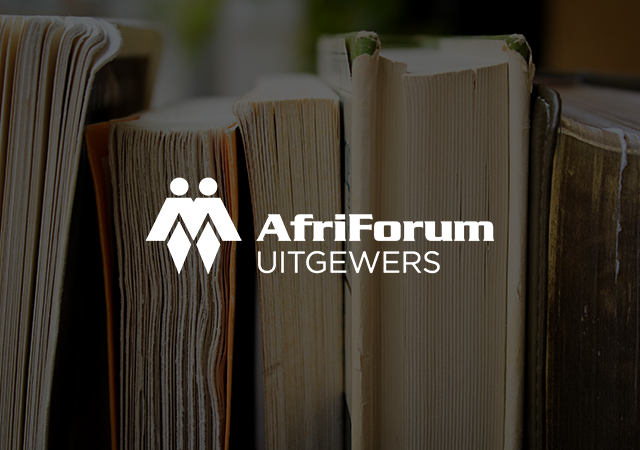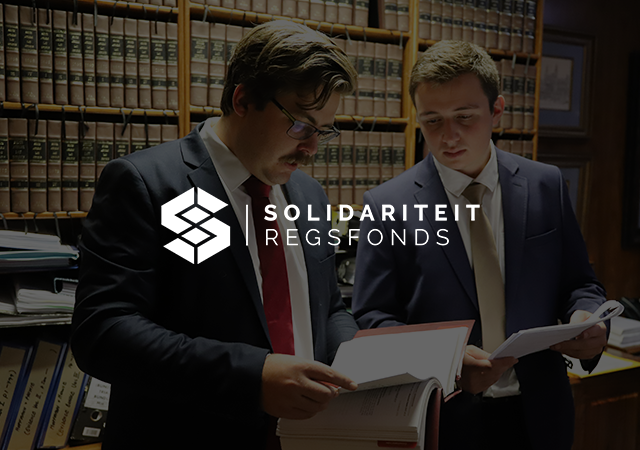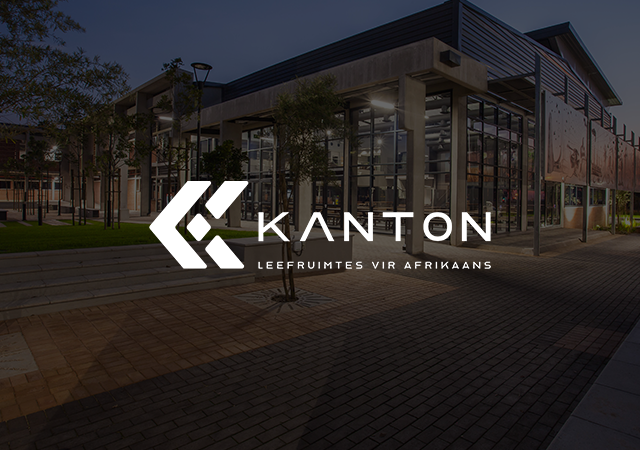FACT SHEET
Source: Solidarity
The Solidarity Movement announced on November 29, 2024, that a settlement had been reached with the government at Nedlac regarding BELA. Since then, there have been many reports in the media and statements from the government causing confusion among the public about the BELA agreement, the role of the President, and the NEDLAC. Here is a complete breakdown of Solidarity’s agreement with the government (including the minister and the Presidency).
The Solidarity Movement, with Solidarity and AfriForum counting among its institutions, is involved in a comprehensive process with various role players on the BELA Act.
1. The consultation process, announced by President Ramaphosa on 13 September, was initiated following telephone calls from President Ramaphosa to AfriForum and Solidarity, in light of the fact that these institutions had voiced vehement objections to certain provisions in section 4 and section 5 of the BELA Act.
2. The commencement of the consultation process was not limited to the GNU Clearing House Committee finding a resolution, nor was a fixed format set which all concerned parties had to adhere to.
3. The consultation process was announced as an open process in which AfriForum and Solidarity, as the primary objectors to the BELA Act, were to play a key role.
To this extent, AfriForum and Solidarity reached out to political parties both within and outside the GNU, and in particular to the ANC, as the ANC is the strongest proponent of retaining section 4 and section 5 of the BELA Act.
4. As part of the attempts to highlight the consequences of the BELA Act, Solidarity referred a dispute over BELA to Nedlac in terms of section 77 of the Labour Relations Act for the purposes of obtaining a section 77 certificate, allowing its members to participate in protest action.
The notice to this effect was lodged in October with Solidarity as the applicant, and the President of South Africa and the Minister of Basic Education being cited as the respondents.
According to Nedlac’s rules, Nedlac must attempt to mediate such a dispute.
5. After an extensive process, two agreements were reached.
6. The first framework agreement was concluded between Solidarity, the Presidency and the Ministry of Basic Education. Both the respondents were duly authorised by the Minister of Basic Education and the President, respectively, to undertake the process and find a resolution to the impasse created by section 4 and section 5 of the BELA Act.
7. This agreement outlines the role of the President and that of the Minister in relation to the commencement and implementation of the BELA Act.
The President must proclaim the commencement arrangements for the BELA Act, and the Minister must make recommendations in this regard. The Minister is also responsible for developing national norms and standards, regulations and policy to support the implementation of the Act, where necessary and appropriate.
The agreement does not erode the President’s final responsibility to proclaim the commencement arrangements for the Act, but acknowledges the Minister’s role to make recommendations to the President in this regard.
It must be emphasised that whilst the President’s powers to proclaim an Act or certain provisions of an Act are upheld, he cannot ignore the recommendations from a Cabinet Minister – in this case, the Minister of Basic Education. He needs to apply his mind to them, together with any other recommendations he receives via any other process, and he needs to ensure the commencement arrangements are rational.
The agreement also recognises that national norms and standards, regulations and policy regarding the BELA Act have not been completed.
The agreement affirms that the Office of the President has confirmed that 13 December is not the commencement date for the Act but rather the end of the GNU consultation process.
The agreement stipulates that the Minister will make recommendations to the President in terms of her legal duty.
All three parties have signed the agreement. The signatories on behalf of all three parties were all duly authorised to sign the agreement. All parties are bound to the agreement.
The President mandated his team, and the Minister mandated her team to participatetake part in the process.
8. Within this framework, a second bilateral agreement was signed between Solidarity and the Minister of Basic Education.
9. This agreement stipulates that the Minister would recommend to the President to implement the controversial sections of BELA only once national norms and standards, policies and regulations have been developed to support the implementation of these sections.
This is also, even without the agreement, her legal duty. No process can erode that. This agreement does not override the legal duty of either the President or the Minister, but acknowledges it.
The bilateral agreement describes the recommended national norms and standards, policy and regulations to be developed in more detail. These are aimed at providing greater legal clarity and stronger consultation mechanisms to support the sections in question.
This agreement does not exclude the possibility of future legislative amendments should the need for these arise.
The agreement also emphasises the development of mother tongue education in general.
10. The Nedlac process and the process that is underway within the Government of National Unity (GNU) stand on their own feet, are not mutually exclusive and are even complementary.
However, the GNU process would have great difficulty to reach a different conclusion because the settlement in the Nedlac process was reached within the existing legal framework.
In fact, the settlement only stipulates the logical legal process the President and the Minister are required to follow. The best outcome for the GNU is to acknowledge the roles of the President and the Minister in this matter and to encourage them to do their work.
11. The GNU may have difficulties coming to another political agreement when a clear legal framework and process are in place. The Nedlac settlements are located within that framework.
The solution to the BELA Act dispute clearly lies within the law.

